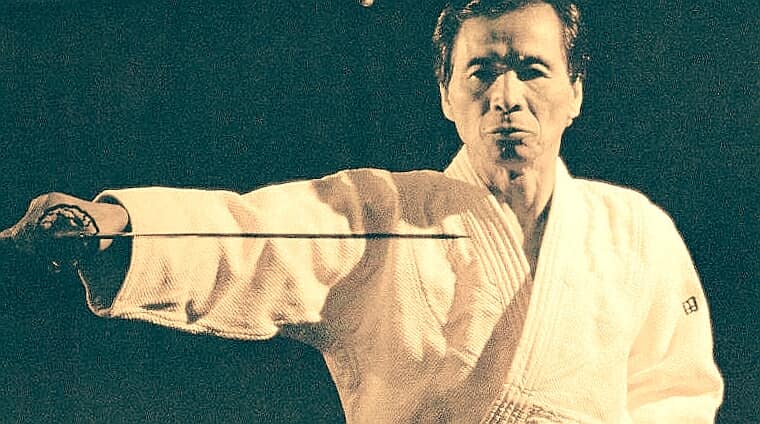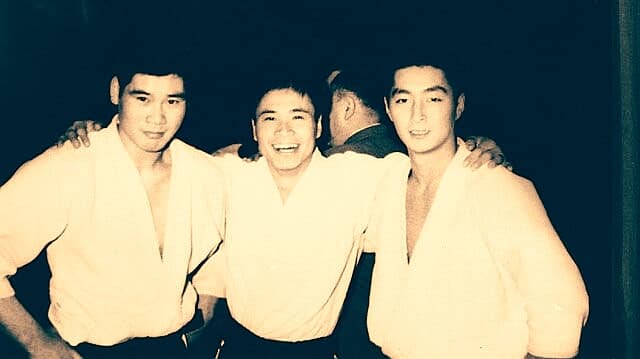Tamura said about Budo and Bujutso:
“In the beginning, the techniques came from the analysis of victorious combats. This led to the creation of the first kumitachis (paired training with the sword). It was discovered that certain specific movements allowed one to deal with certain types of attacks. Gradually the techniques were combined to create a path that could be followed in training. However, bu has different meanings for different people. For some, it is a destructive force while for others it is a peaceful one. Jutsu signifies technique and does signify way. Studying a Jutsu is to learn techniques for the purpose of accomplishing a goal, where the use is an end in itself. Studying a do is to follow a path towards the man present in all of us, a way that each of us can use and that was created with a view to being accessible for everyone. This idea also forms the basis of Shintoism and Buddhism. Nowadays, unfortunately, we are often far from this original idea…”

And what about Japanese culture in order to understand Aikido:
“It is not necessary but probably it allows one to progress faster, this is an undeniable fact. If one simply takes the example of language; for a Japanese person, even a beginner, Shiho-nage is quite explicit. The name of the technique defines its physical application. Upon hearing the name of it, the person understands that it is a projection in four directions, can easily deduce that this symbolically signifies all the directions and can understand more deeply the sense of the technique. When one translates irimi into English it becomes ‘enter’ but this is very vague and it is difficult to rely on this single word to understand the technique. The same occurs with hitoemi or sankakuho. Often, a Japanese person instinctively understands the significance of these terms because they are associated with the kanji (ideograms), which have a range of meanings that is both vast and subtle. Would it not be better, if one wanted to study English littérature, to learn English rather than to be limited to French translations of Shakespeare?”
To be continued
Source: Facebook/Aikido



